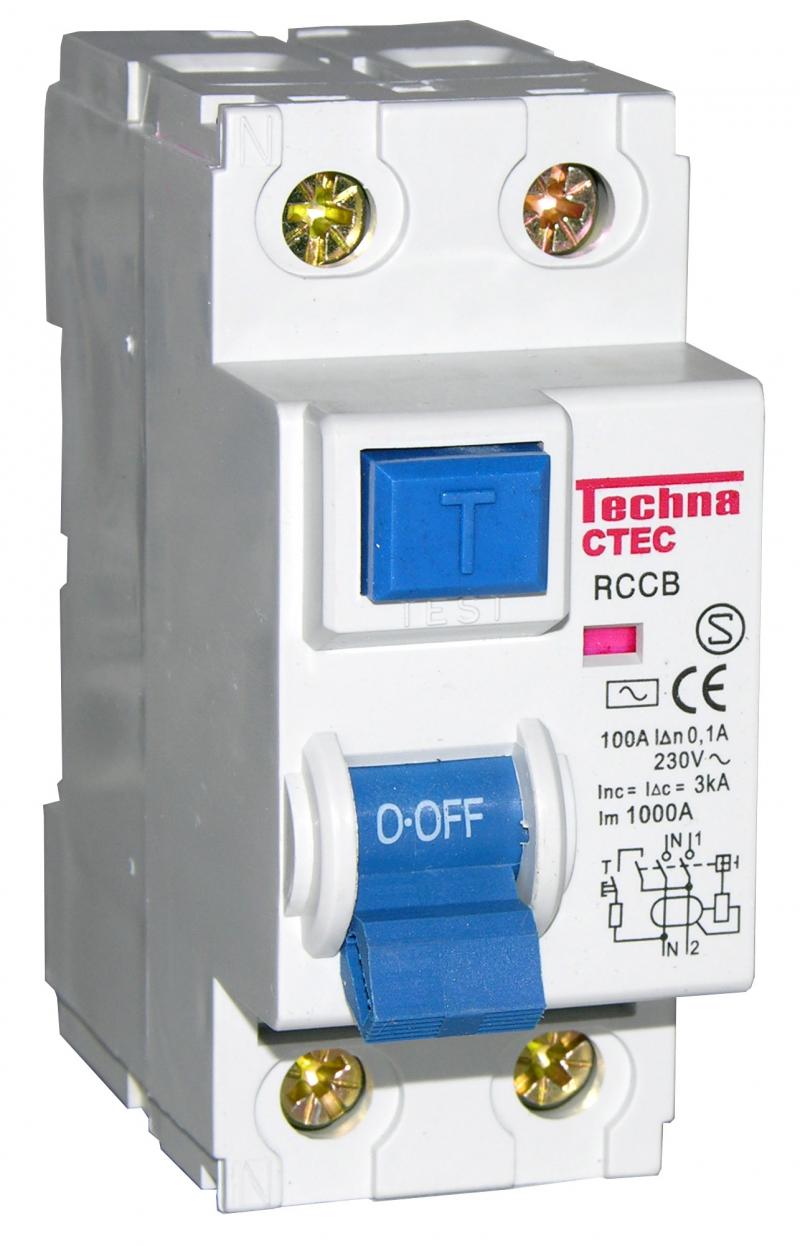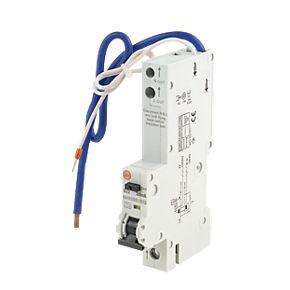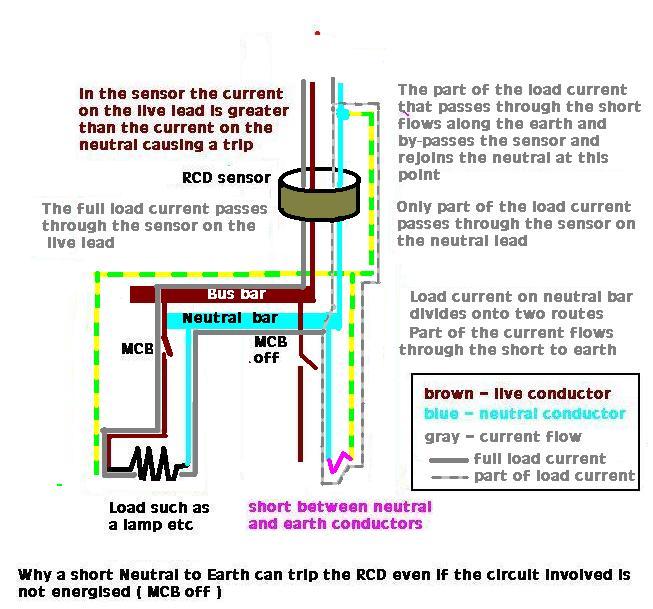Power to our sockets and all lights, except ground floor, keeps cutting out when our washing machine hits spin mode. This is the only time it happens.
I'd assume its the washing machine but it never happened until our electrician did some work in one room (additional sockets).
Is it a coincidence or could it be related to the electrician 's visit? The issue only occurs when the spin cycle starts but it never happened prior to the alterations.
I'd assume its the washing machine but it never happened until our electrician did some work in one room (additional sockets).
Is it a coincidence or could it be related to the electrician 's visit? The issue only occurs when the spin cycle starts but it never happened prior to the alterations.





